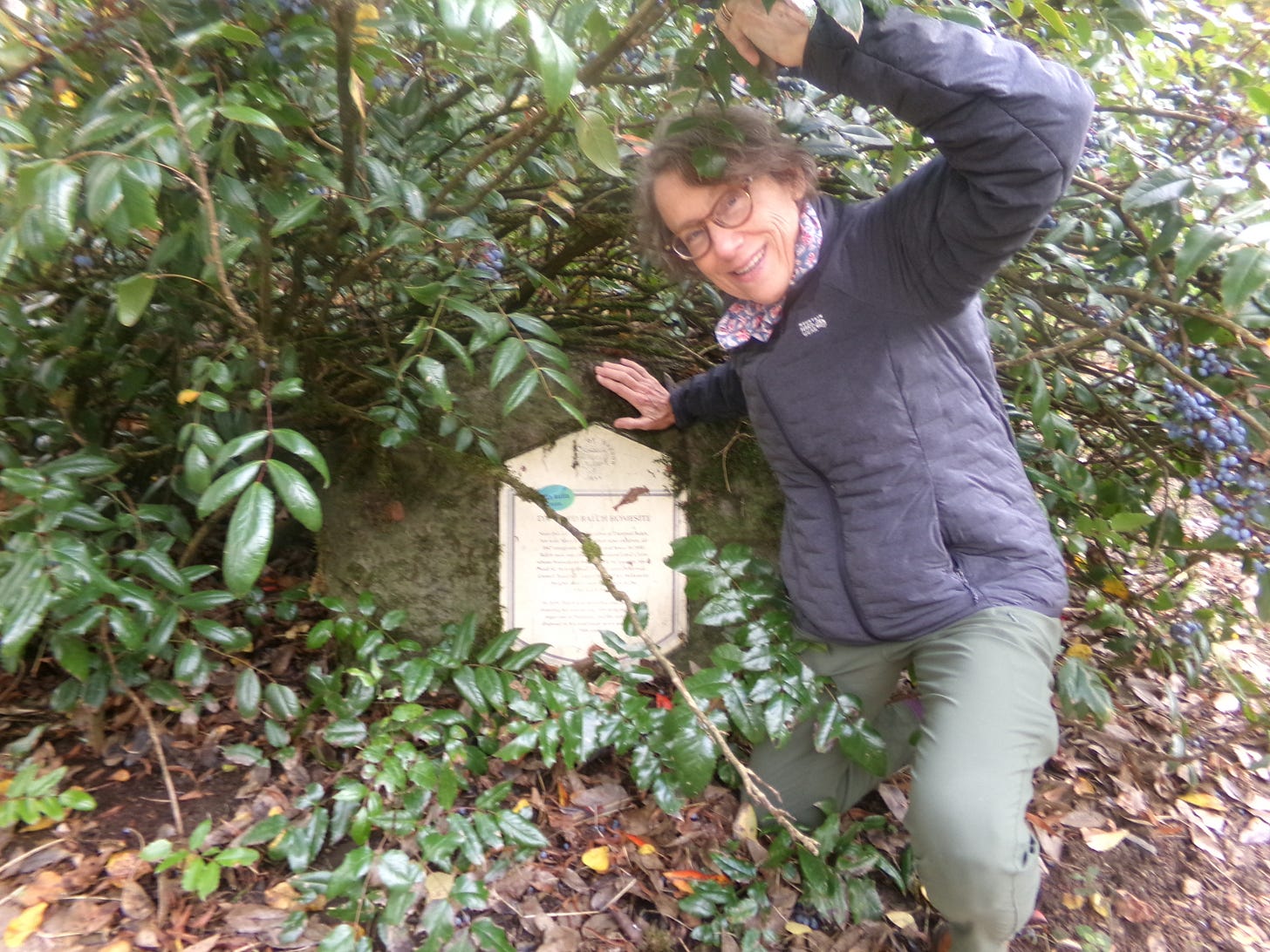Name of Division
Should Balch Creek keep a murderer's name?
Retired public school art teacher Nancy Helmsworth was drawn to the beauty of Balch Creek, making it the subject of multiple paintings.
“Little did I know how this theme would lead me in learning the rich and complex history of this area,” she wrote in explaining her campaign to rename the creek to honor Native American peoples.
That history spoke to her …




